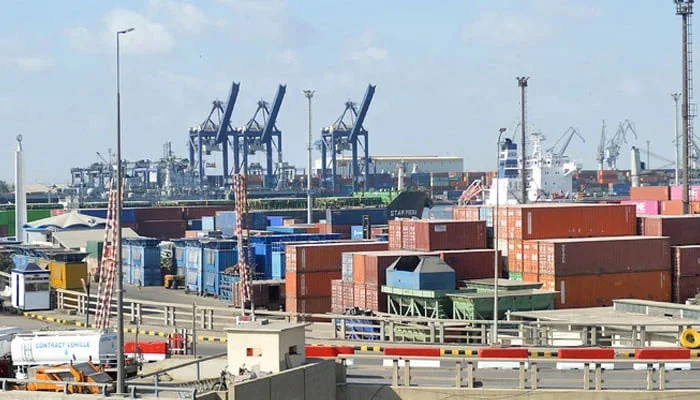As Pakistan prepares to form a new government, the country’s economic direction is under scrutiny. The question is whether the change of guard in Islamabad can actually steer Pakistan’s economy out of its problems, or if the risks remain despite recent optimistic macroeconomic figures that show a favorable trend compared to the previous year.
Fiscal consolidation has been on track in recent months, foreign exchange buffers have strengthened, and the current account deficit has reduced, indicating a strong economic base. However, a closer inspection exposes underlying complexities and ambiguities.
Consider headline inflation (which includes energy and food prices). It decreased from 38% to roughly 30% between May 2023 and January 2024.However, significant energy price changes (particularly the recent Rs7 per unit hike in the power bill) offer a hurdle to disinflation. The insecure global energy market, characterized by disruptions in the Red Sea supply route, increases risk. Any increase in global fuel costs will result in higher inflation in Pakistan.







